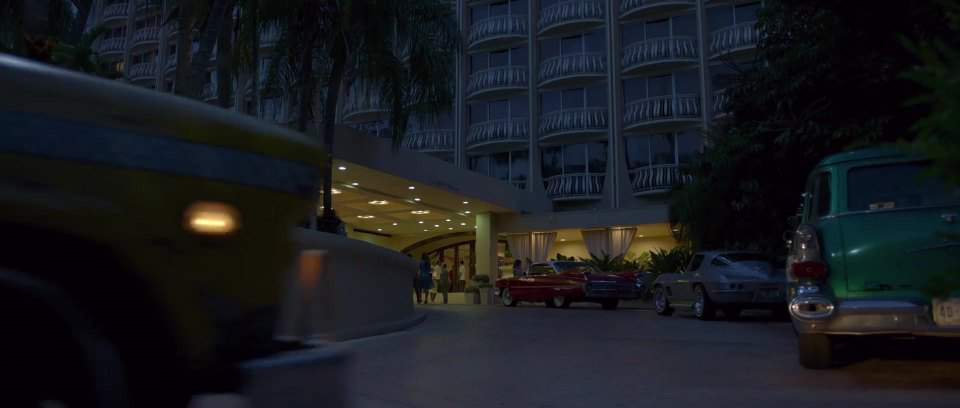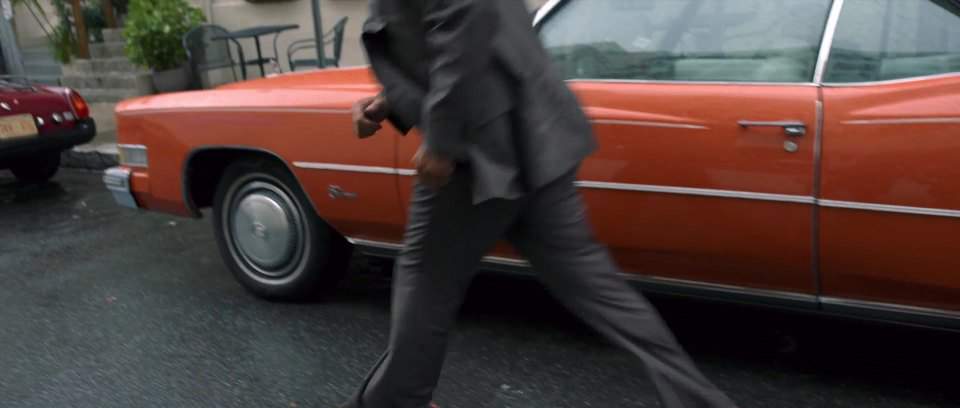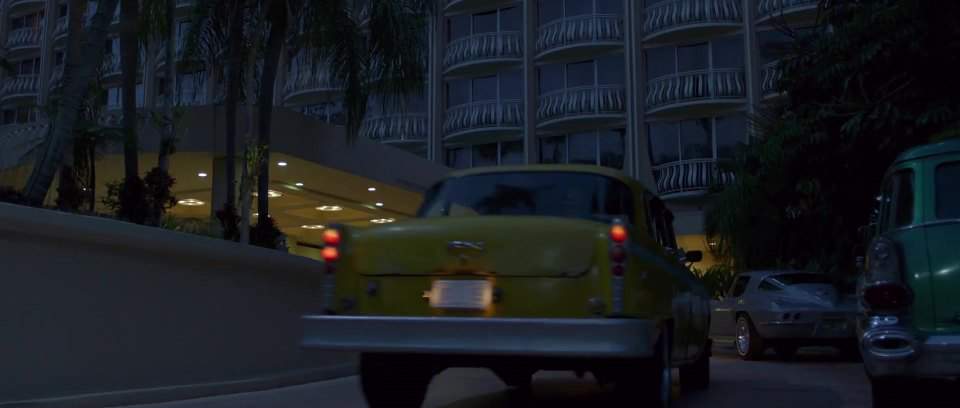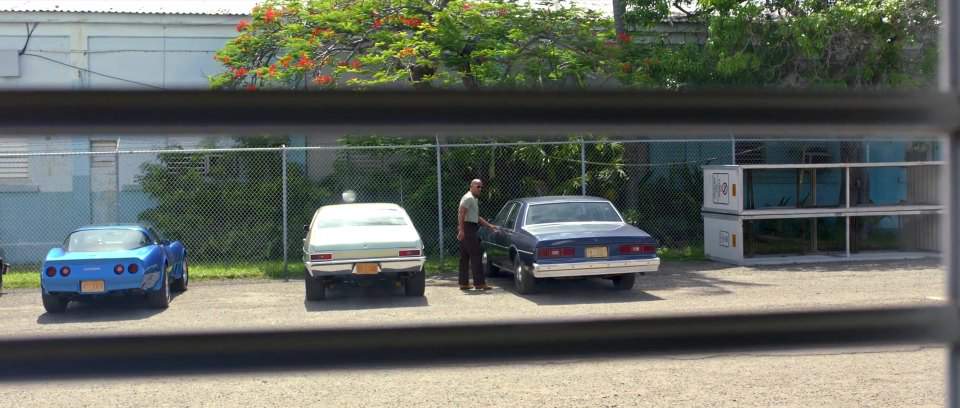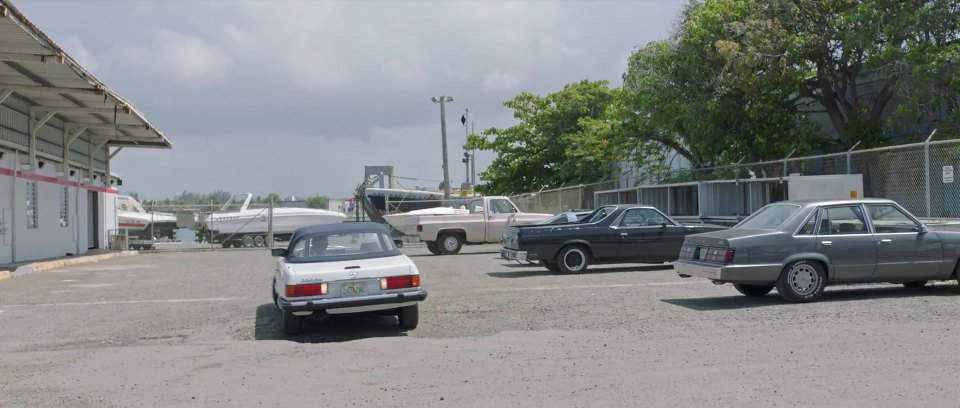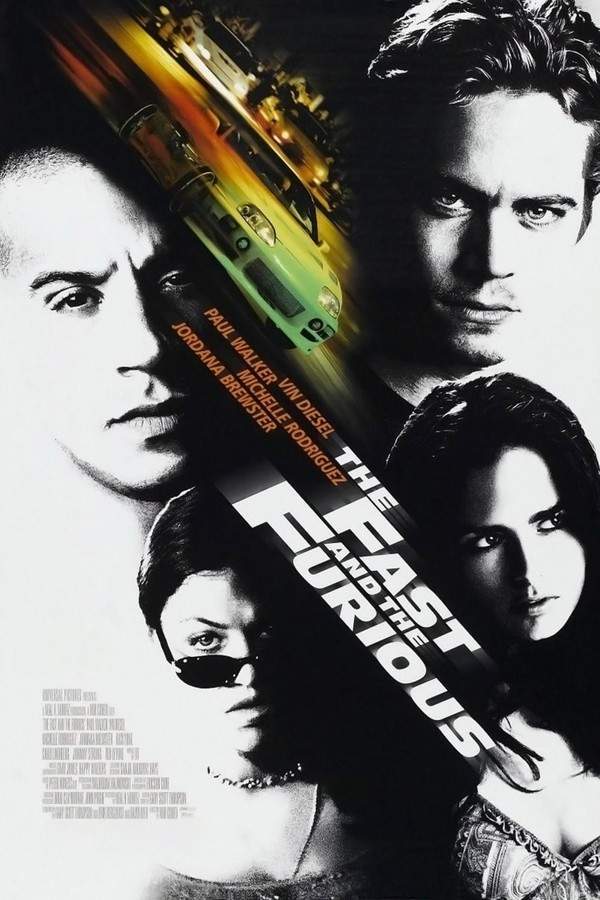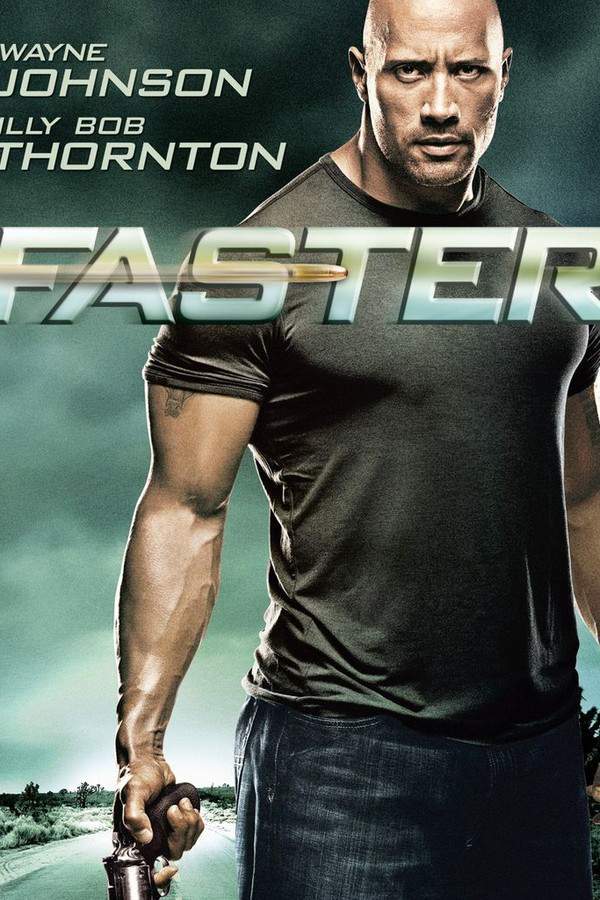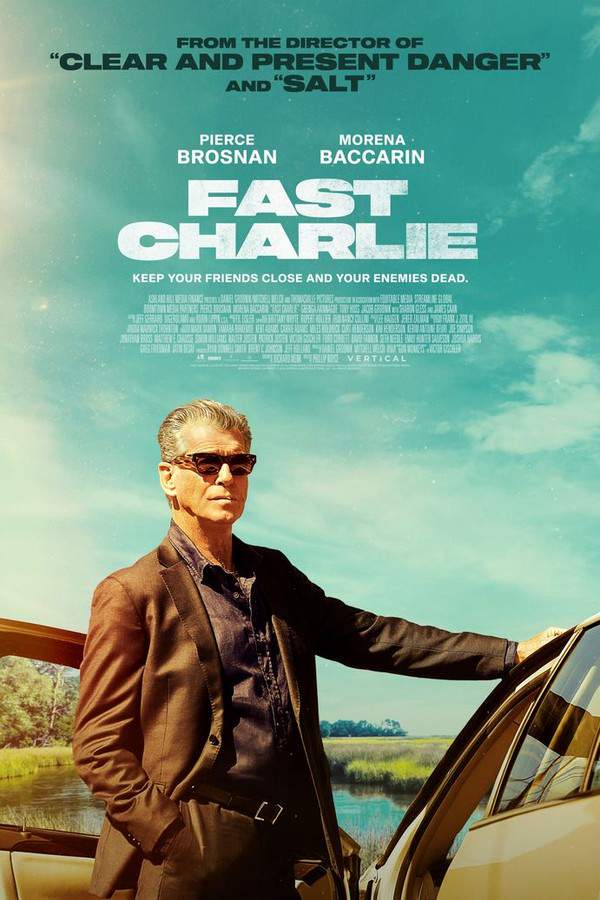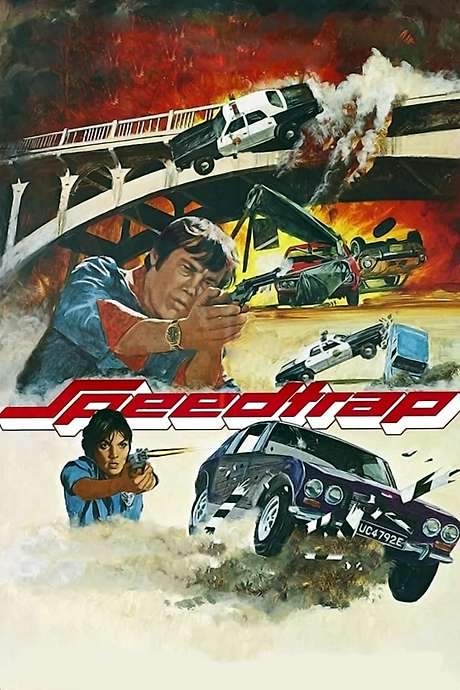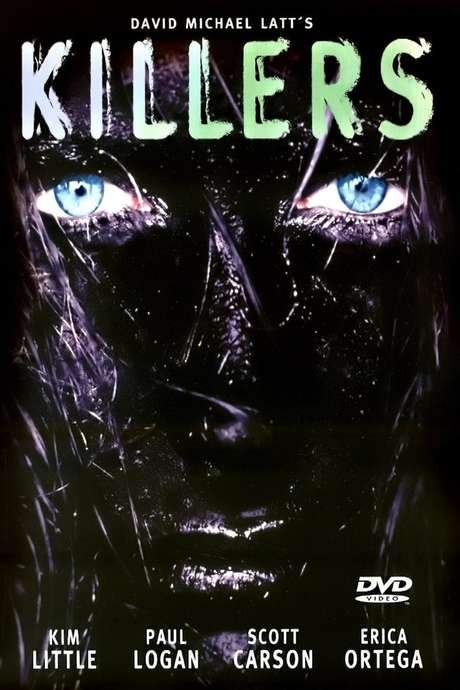Speed Kills 2018
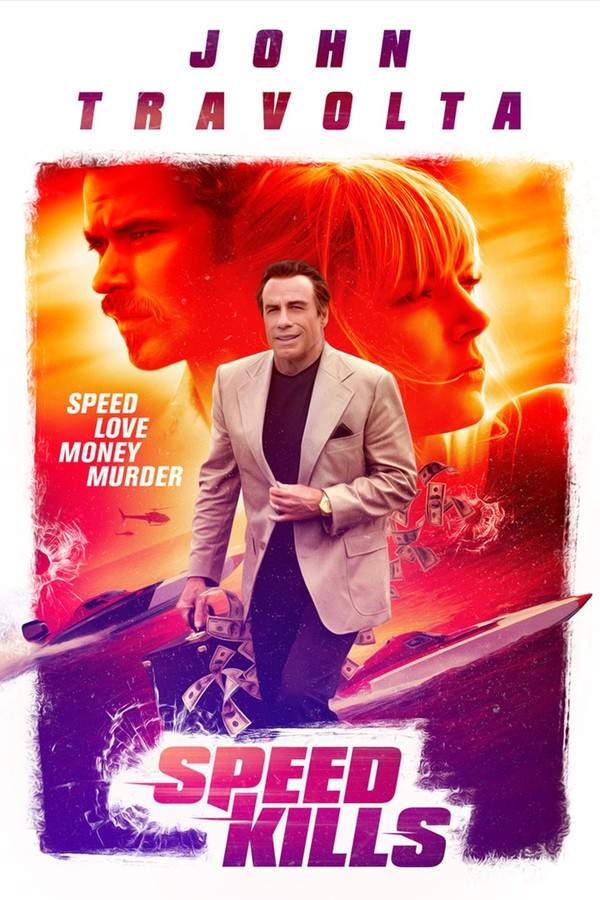
A charismatic speedboat racer’s lavish lifestyle hides a dangerous world of crime and corruption. As his illicit activities escalate, he finds himself increasingly entangled in a web of deceit and facing serious consequences. The pursuit of wealth and thrills leads him down a perilous path where the risks become increasingly high, and the stakes are life and death.
Does Speed Kills have end credit scenes?
No!
Speed Kills does not have end credit scenes. You can leave when the credits roll.
Meet the Full Cast and Actors of Speed Kills
Explore the complete cast of Speed Kills, including both lead and supporting actors. Learn who plays each character, discover their past roles and achievements, and find out what makes this ensemble cast stand out in the world of film and television.

Kellan Lutz
Robbie Reemer

John Travolta
Ben Aronoff
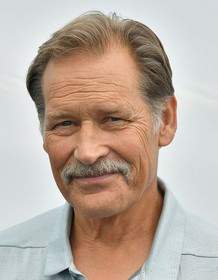
James Remar
Meyer Lansky

Matthew Modine
George Bush

Katheryn Winnick
Emily Gowen

Jordi Mollà
Jules Bergman

Tom Sizemore
Dwayne Franklin

Charlie Gillespie
Andrew Aronoff

Jennifer Esposito
Katherine Aronoff

Amaury Nolasco
Agent Lopez

Michael Weston
Shelly Katz

Moran Atias
Contessa
External Links and Streaming Options
Discover where to watch Speed Kills online, including streaming platforms, rental options, and official sources. Compare reviews, ratings, and in-depth movie information across sites like IMDb, TMDb, Wikipedia or Rotten Tomatoes.
Ratings and Reviews for Speed Kills
See how Speed Kills is rated across major platforms like IMDb, Metacritic, and TMDb. Compare audience scores and critic reviews to understand where Speed Kills stands among top-rated movies in its genre.

The Movie Echo Score
The film's overall reception reflects pervasive shortcomings in direction, performance, and narrative cohesion. Critics and audiences have pointed to clunky editing, uninspired camera work, and an inconsistent visual style that undermines dramatic tension. While a handful of viewers noted competent production values and moments of earnest racing sequences, these elements remain overwhelmed by flat pacing and uneven execution. Ultimately, Speed Kills delivers little beyond momentary action beats and leaves a largely negative impression overall.
The Movie Echo Score Breakdown for Speed Kills

Art & Craft
In terms of art and craft, the film struggles with uninspired direction, flat cinematography, and perfunctory editing that evoke a low-budget direct-to-video aesthetic. Critics described scenes as blandly shot with minimal stylistic flair, while occasional production design elements supplied modest visual interest. Despite one remark on acceptable technical polish in the racing sequences, the overall craftsmanship remains uneven and detracts from dramatic momentum.

Character & Emotion
When it comes to character and emotion, performances are generally criticized as shallow and unengaging, with several actors delivering stilted or exaggerated takes. John Travolta’s committed presence drew occasional praise, but it could not overcome a lack of nuanced character development or meaningful emotional stakes. The supporting cast was similarly uneven, leading to limited chemistry and minimal audience investment in the protagonists’ arcs.

Story & Flow
In terms of story and flow, the narrative relies on familiar biopic conventions and offers limited originality, resulting in predictable plot turns and uneven pacing. Critics noted abrupt tonal shifts and a tendency to gloss over complex events, producing a featureless saga that struggles to maintain engagement. Though a few viewers reported being drawn into the racing storyline, the overall plot coherence remains weak and fails to sustain interest.

Sensory Experience
When examining the sensory experience, the film’s sound design and score are serviceable but lack memorable motifs, and visual styling often feels generic. Critics pointed to a drab color palette and uninspired framing that evoke mid-tier home video productions. A handful of racing sequences show kinetic potential, yet the overall audiovisual cohesion is undermined by inconsistent tone and limited creative flair throughout the soundtrack and imagery.

Rewatch Factor
In terms of rewatch factor, Speed Kills offers limited appeal for repeat viewings due to its uneven execution and lack of depth. The film’s sporadic action set pieces provide brief entertainment, but recurring flaws in pacing and character development diminish any lasting attraction. While dedicated genre fans might revisit isolated racing scenes, the overall lack of narrative or stylistic substance makes multiple viewings unlikely for most audiences.

19
Metascore
1.8
User Score


0%
TOMATOMETER

28%
User Score

4.3 /10
IMDb Rating

55
%
User Score

1.8
From 1 fan rating

3.67/5
From 3 fan ratings
Take the Ultimate Speed Kills Movie Quiz
Challenge your knowledge of Speed Kills with this fun and interactive movie quiz. Test yourself on key plot points, iconic characters, hidden details, and memorable moments to see how well you really know the film.
Speed Kills Quiz: Test your knowledge about the intriguing life and controversies of Don Aronow as depicted in 'Speed Kills'.
What industry did Don Aronow originally start in?
Construction
Powerboating
Film
Real Estate
Show hint
Full Plot Summary and Ending Explained for Speed Kills
Read the complete plot summary of Speed Kills, including all major events, twists, and the full ending explained in detail. Explore key characters, themes, hidden meanings, and everything you need to understand the story from beginning to end.
Don Aronow’s story unveils the life of a man shaped by ambition and tragedy. Born in 1927 to Russian Jewish immigrants in the Sheepshead Bay neighborhood of Brooklyn, New York, he relocated to New Jersey in 1961 after finding success in the construction industry since 1953. Seeking new horizons, he moved to South Miami in 1959, where he pursued a passionate hobby of racing and designing boats.
As fate would have it, Aronow soon ascended to become a titan in the world of power boats, establishing renowned companies such as Magnum Marine, Cary, Cigarette, Donzi, and Formula speedboats. In 1964, he launched Donzi Marine, securing the brand’s reputation internationally, which he swiftly sold to Teleflex Inc. by mid-1965. His entrepreneurial journey continued as he founded Magnum Marine in 1966 and clinched his first World Championship a year later, mastering the seas in his 27’ Magnums—a single-engine inboard and a triple-engine Mercury powered outboard.
His outstanding achievements earned him multiple titles, such as the US and World Powerboat Champion, not to mention over 350 offshore race victories. A pivotal figure in the powerboating Hall of Fame, he was among only two Americans, alongside Gar Wood, to receive the prestigious UIM Gold Medal of Honor. The allure of his success attracted the gaze of Presidents, Princes, and the wealthy elite. A businessman with a notorious reputation, he operated under a mantra of “no questions asked,” delivering boats whenever the price was right.
However, his extravagant lifestyle not only brought him success but also hinted at darker ties, culminating in his tragic murder in 1987. The film reflects on this tumultuous narrative, opening with Aronow leaving New Jersey, under the shadow of his dealings with Meyer Lansky in the construction sector. By this time, he was already a millionaire, and moving to South Miami seemed prudent to evade potential legal actions, relocating with his wife and three children.
As the plot unfolds, Aronow grapples with his numerous affairs, portraying a flawed husband and father. The devastating catalyst of his oldest son losing the ability to walk following an accident intensifies the disintegration of his marriage. Amid his tumultuous personal life, he finds a romantic interest in a beautiful model connected to a formidable Latin mobster, eventually marrying and having a son with her.
Throughout the film, tensions between him and Meyer Lansky’s nephew bubble to the surface, intertwining with his connections to the mob—a thread that weaves through the narrative. Nevertheless, while the story holds the potential for intrigue, it falters in character development. The portrayal of each figure lacks depth and excitement, rendering them somewhat uninspiring.
The director’s vision, particularly regarding the depiction of boat racing, misses the mark; the scenes lack the vibrancy and adrenaline expected from such thrilling endeavors. A race in choppy waters is notably undermined by underwhelming special effects, reminiscent of the late 1950s.
In essence, while the storytelling weaves a classic tale of mobster-made greed and demise, it suffers from execution flaws. Had there been a more dynamic direction, richer character arcs, and a more genuine presentation of the exhilarating world of boat racing, this film could have transformed from mediocre to moderate. Jodi Scurfield, lacking prior experience in the industry, may not have been the right choice for steering this project, which ultimately seems unable to garner the attention of a significant audience.
Uncover the Details: Timeline, Characters, Themes, and Beyond!

Coming soon on iOS and Android
The Plot Explained Mobile App
From blockbusters to hidden gems — dive into movie stories anytime, anywhere. Save your favorites, discover plots faster, and never miss a twist again.
Sign up to be the first to know when we launch. Your email stays private — always.
Watch Trailers, Clips & Behind-the-Scenes for Speed Kills
Watch official trailers, exclusive clips, cast interviews, and behind-the-scenes footage from Speed Kills. Dive deeper into the making of the film, its standout moments, and key production insights.
Cars Featured in Speed Kills
Explore all cars featured in Speed Kills, including their makes, models, scenes they appear in, and their significance to the plot. A must-read for car enthusiasts and movie buffs alike.
Speed Kills Themes and Keywords
Discover the central themes, ideas, and keywords that define the movie’s story, tone, and message. Analyze the film’s deeper meanings, genre influences, and recurring concepts.
Speed Kills Other Names and Titles
Explore the various alternative titles, translations, and other names used for Speed Kills across different regions and languages. Understand how the film is marketed and recognized worldwide.
Similar Movies To Speed Kills You Should Know About
Browse a curated list of movies similar in genre, tone, characters, or story structure. Discover new titles like the one you're watching, perfect for fans of related plots, vibes, or cinematic styles.
Quick Links: Summary, Cast, Ratings, More

What's After the Movie?
Not sure whether to stay after the credits? Find out!
Explore Our Movie Platform
New Movie Releases (2025)
Famous Movie Actors
Top Film Production Studios
Movie Plot Summaries & Endings
Major Movie Awards & Winners
Best Concert Films & Music Documentaries
Movie Collections and Curated Lists
© 2025 What's After the Movie. All rights reserved.

















